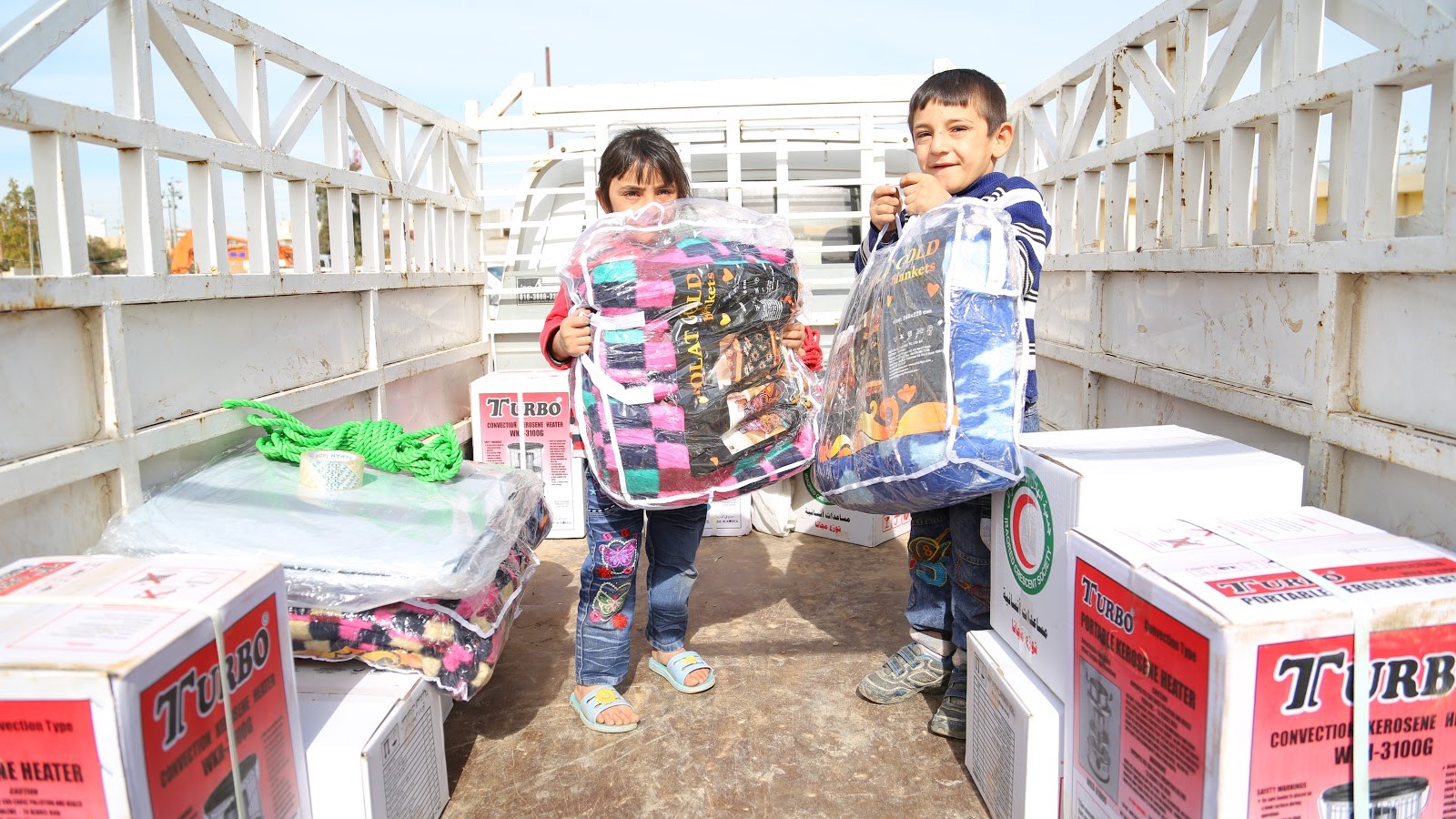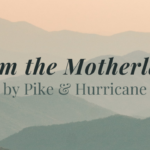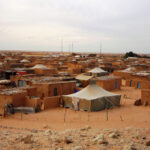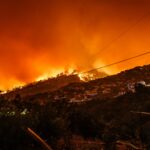When the first tents went up at the IDP (Internally Displaced Person) camps of Nineveh, Iraq, no one had figured how permanent the camps would become for all their inhabitants. As 800,000 people were displaced from their homes between October 2016 and June 2017 in just the city of Mosul alone, the need for humanitarian aid and planning was grave. A plethora of organisations and locals continue to work together daily to bring in necessary equipment and help to those in need. I had the chance to speak with Osama, a 24-year old Project Officer for the Iraqi Red Crescent Society, regarding the situation in North-West Iraq.
Longing for Home
Some people come to stay in the camps for longer.
“It can take months or even years to leave the camps”, Osama says.
The city of Mosul, from where more than one million people had fled, is far from normality. It will take a long time for all families to be able to return to their homes, often without a loved one. Homesickness is present, and many can not wait to return back home, whether the security risks are still high or not. Returnees have already started to head back to the ruins of their hometowns, by the thousands, still leaving a mass of people living within camp borders.
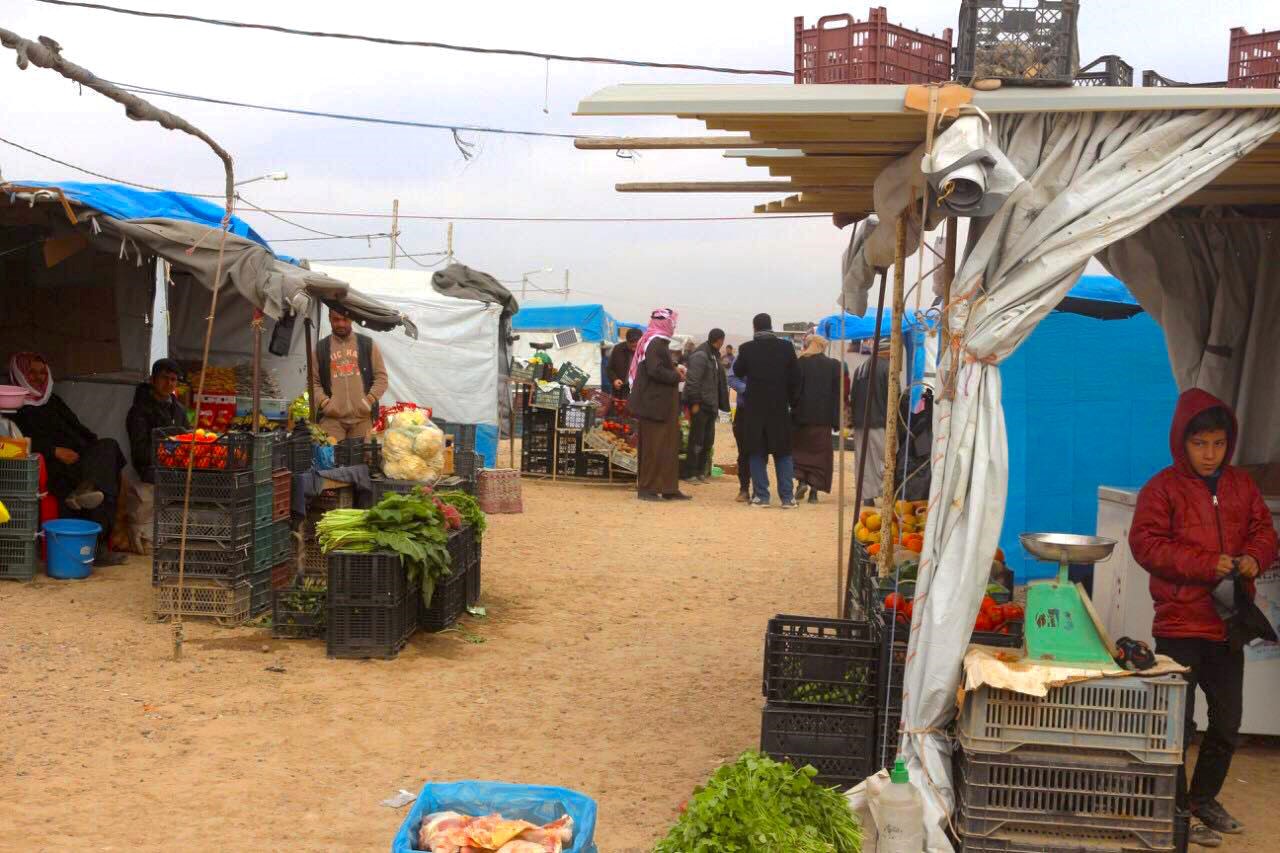
Life for those in the camps is not easy. The tents are vulnerable to weather conditions and life can be really boring without jobs and the normality of weekdays. Osama describes how families inhabiting the thousands of tents are very susceptible to disease and food and water shortages, while going back to school can also be very difficult due to injuries and trauma.
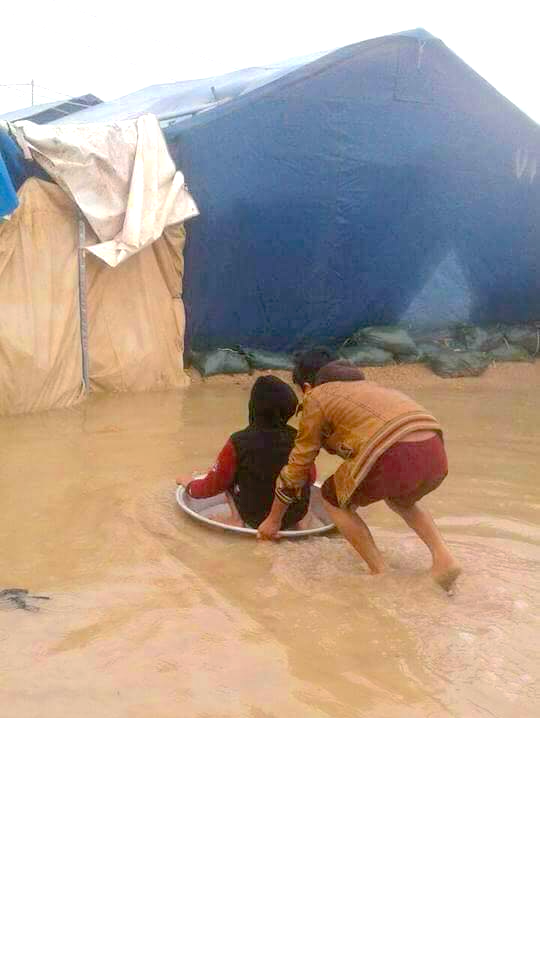
Although many children can be seen to have physical injuries, many more suffer with hidden psychological pain from the war. Many volunteers and staff members are passionate about working with children—slowly teaching the traumatised children to be children again, after everything that they have seen and been through.
“When you are walking down the streets, you will see kids playing and hear them laughing”, Osama says.
“Through the children, you can see the future.”
Bringing Back the Mundanity
“There are two types of ways to work,” Osama says.
“The camp guards allow some of [the IDPs] to leave the camp to work.” Then the people can work in nearby villages and towns, and in a way touch upon the regularity of life back home. “They can then work as anything they want!”
When the IDPs cannot leave, they find work within the camp borders as marketplace sellers or barbers. Unused supplies, such as lentils and rice—which families get through the distributions—are sold forward in markets around the camps. This gives people a sense of purpose and a job, the Project Officer explains. Some NGOs also hire IDPs to work in projects within the camp.
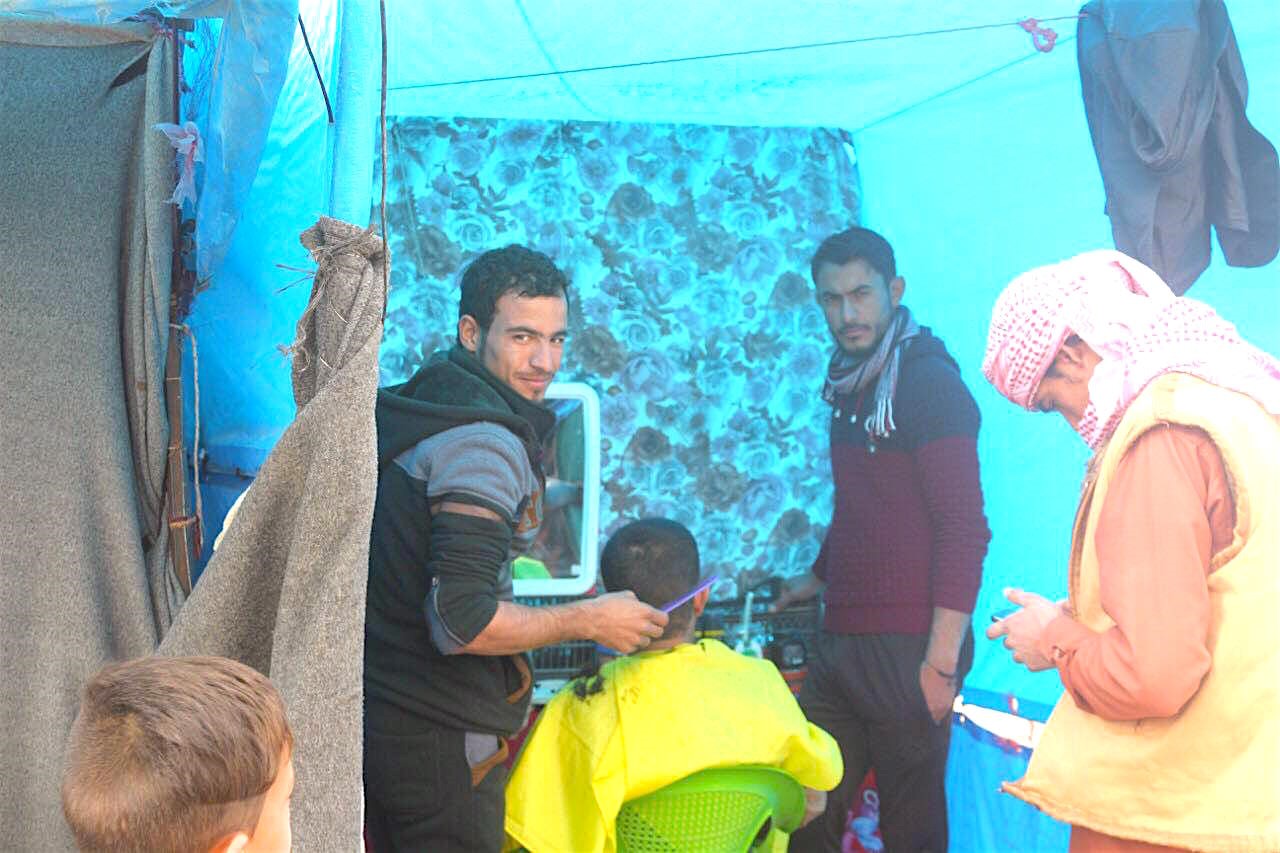
“Some NGOs [organise to] build a water tank or bathrooms … so the IDPs can work in [those projects] and get paid,” Osama says.
The UNHCR administered project in Jordan is a good example, in which refugees were involved in the installation of solar panels for the camp they were inhabiting.
Humans will continue to be humans, no matter what the conditions are. Although, Osama notes that life in the camps is far from an ideal one, people can be seen putting up their own shops and services, almost as if trying to mimic their life back home. People in the camps want livelihoods, they want jobs and an income, something to do. The existence of normality within camp life is what gives the inhabitants hope, hope to continue to live their lives and hope to one day be able to return home.
The use of Osama’s full name has been omitted by the editorial team to protect his identity.
By Laura Korte
Photo Credit:
- Iraq Red Crescent Society. All Rights Reserved
- Osama, All Rights Reserved
- Osama, All Rights Reserved
- Osama, All Rights Reserved
